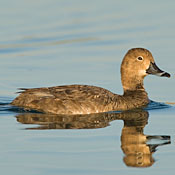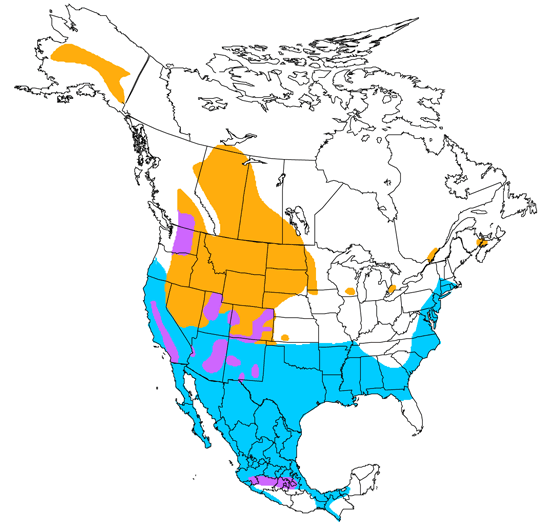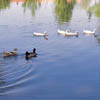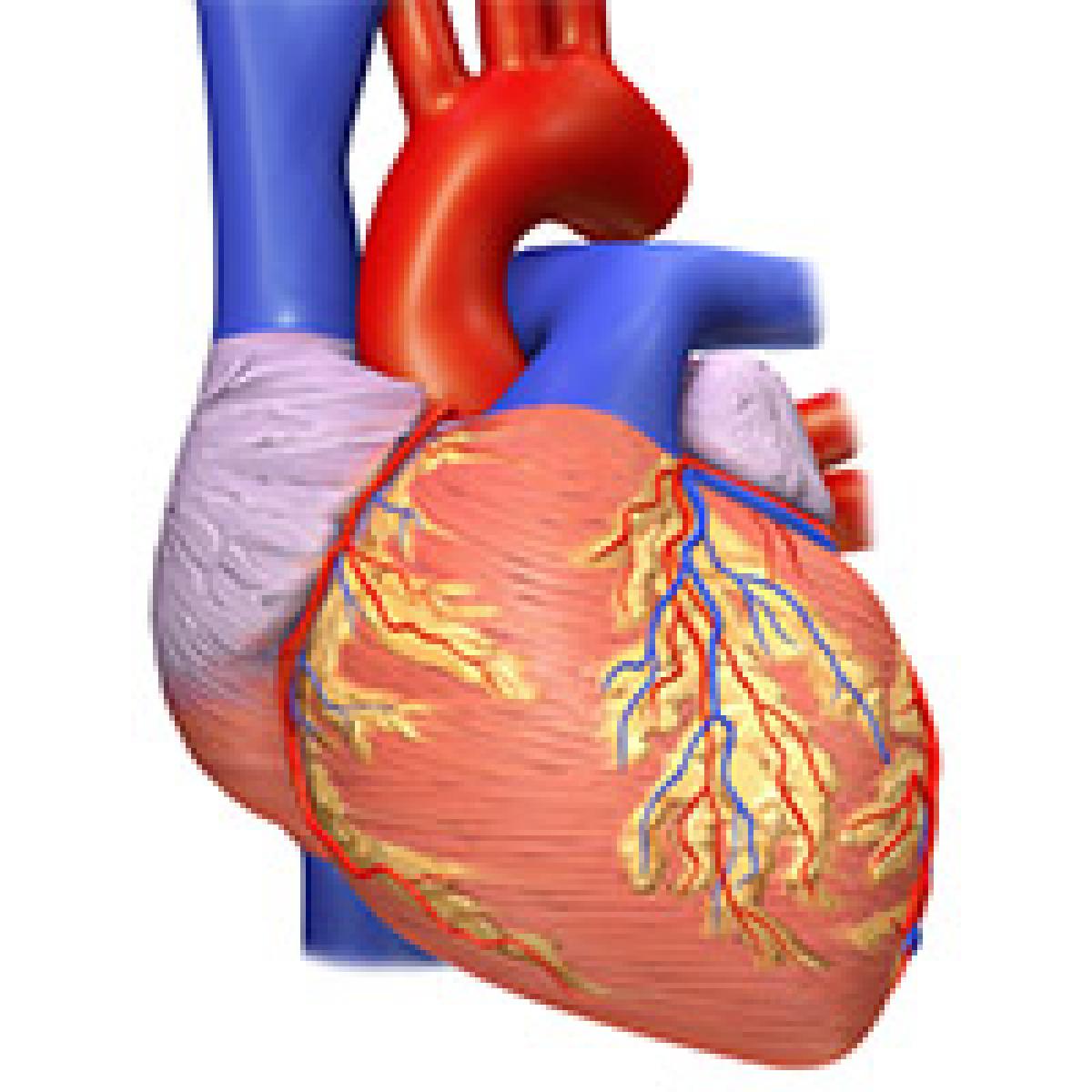Redhead
Aythya americana

Duck Like
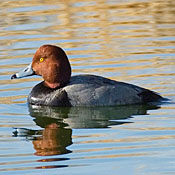
Length: 19 in. (48 cm )
This diving duck winters in large flocks on lakes, bays and coastal estuaries where it eats aquatic vegetation, insects, and other invertebrates. During the summer it nests in marshy areas and open grassland lakes. The nest is hidden in low but thick vegetation in shallow water and made from surrounding plants and lined with feathers. Females often make no nest and become brood parasites by laying their eggs in the nests of other Redheads or sometimes other duck species.
The four-digit banding code is REDH.
Bibliographic details:
- Article: Redhead
- Author(s): Dr. Biology
- Publisher: Arizona State University School of Life Sciences Ask A Biologist
- Site name: ASU - Ask A Biologist
- Date published: 13 Jul, 2017
- Date accessed: 22 September, 2025
- Link: https://askabiologist.asu.edu/activities/bird/redhead
APA Style
Dr. Biology. (Thu, 07/13/2017 - 15:38). Redhead. ASU - Ask A Biologist. Retrieved from https://askabiologist.asu.edu/activities/bird/redhead
Chicago Manual of Style
Dr. Biology. "Redhead". ASU - Ask A Biologist. 13 Jul 2017. https://askabiologist.asu.edu/activities/bird/redhead
MLA 2017 Style
Dr. Biology. "Redhead". ASU - Ask A Biologist. 13 Jul 2017. ASU - Ask A Biologist, Web. https://askabiologist.asu.edu/activities/bird/redhead
Be Part of
Ask A Biologist
By volunteering, or simply sending us feedback on the site. Scientists, teachers, writers, illustrators, and translators are all important to the program. If you are interested in helping with the website we have a Volunteers page to get the process started.



